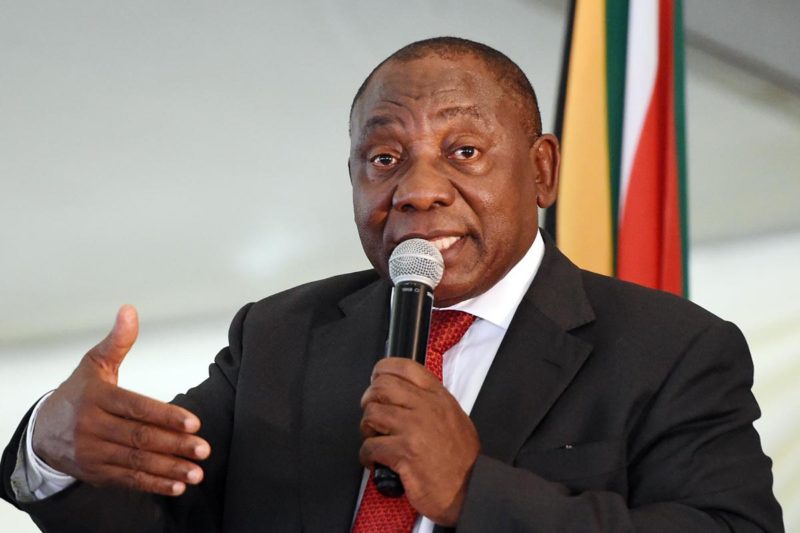Following a meeting of the African Union in Rwanda where 44 countries gathered to sign the African Continental Free Trade Area treaty, South African President Cyril Ramaphosa made a bold suggestion: a single currency for Africa.
Ramaphosa’s suggestion comes as part of a larger push for open borders and a more united continent.
The idea was first floated in 1991, with the formation of the African Economic Committee (AEC), a full 8 years before the euro was introduced to the European Union. The goals of the AEC were clear; free trade in a single market under a central bank. While the idea of a continent under one currency failed to materialize at the time, the need for such a platform is clear.
Currently, there are over 40 different currencies in Africa, and many are struggling to maintain value. The continent has faced countless economic woes, with Zimbabwe being the most notable. In 2008, , Zimbabwe saw its national currency soar to a staggering inflation rate of 89 sextillion percent, leading to a confusing system utilizing South African rand, U.S. dollars, UK pound sterling, Indian rupees, Japanese yen, Chinese yuan, and even Zimbabwe’s own attempt at digital currencies, the zollar.
The idea of digital currencies is beginning to take off in Africa, with South Africa leading the charge.
With the downturn of the Rand last year, the country saw a surge of interest in bitcoin. Werner van Rooyen, an executive at Luno, South Africa’s most popular Bitcoin exchange, noted: “When there is a nosedive in’ say the exchange rate for the Rand’ you’ll often notice a downtrend in other industries like the stock market or the housing market. Bitcoin has been found as one of the assets with the lowest correlation to other asset classes.”
While South Africa may be the continent’s crypto-hub, BitMari and Avesta are two payment solutions companies looking to simplify Africa’s currency conundrum. BitMari’s most innovative product is a Pan-African bitcoin wallet, available in multiple languages, including a number of the continent’s indigenous languages, allowing users to connect, transfer money, and send remittances throughout the world. Avesta, on the other hand, is racing to launch the continent’s first crypto-debit card.
President Ramaphosa’s suggestion, however, could take these startups’ ideas to the next level. Though, instead of bitcoin, these transfers could be made with a single African currency.
Ramaphosa has not yet unveiled a plan for the currency, though there is a high probability that it will be digital.
He explained: “We will begin to interface with the idea and notion of a single currency, possibly even a digital currency, and it’s possible that a digital currency will precede a real single currency because it is easier than having a proper full currency.”
The implications of a single African digital currency are vast. The idea could drastically simply trade both within Africa and on the international level. Cryptocurrencies and blockchain technology are said to allow nations the opportunity to leapfrog into an even economic playing field, Africa is eager to give it a try.
Ramaphosa is optimistic about the possibilities.
“It may take time, it may take years, but it’s interesting that something that we never spoke about in the past, we are now talking about. Because people always had a sense of sovereignty around their own currency, feeling that their currency is about their sovereignty, their nationhood, but people are now thinking beyond the borders of their own nation.”
By Michael Kern via SafeHaven.com











